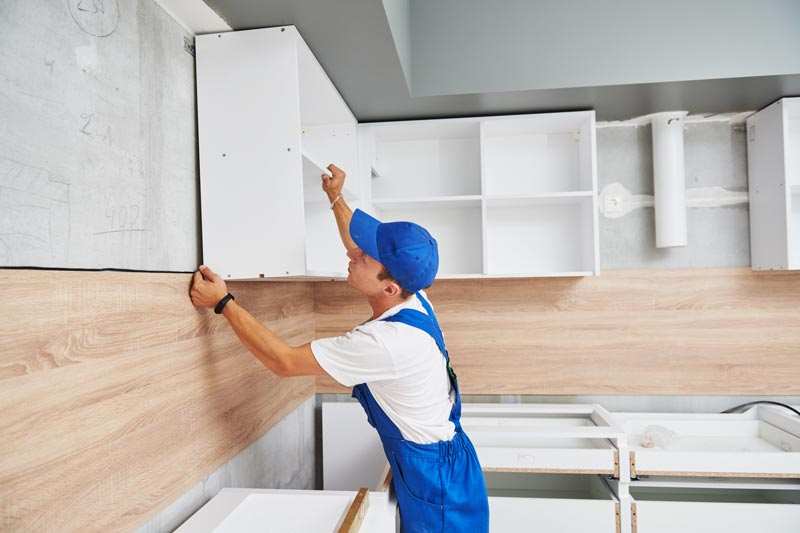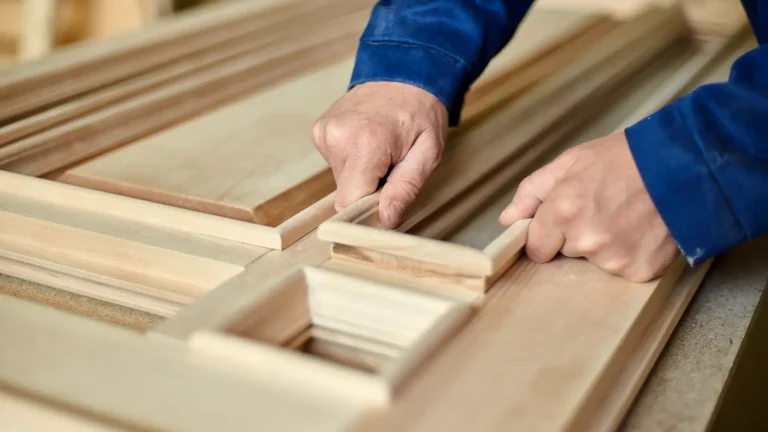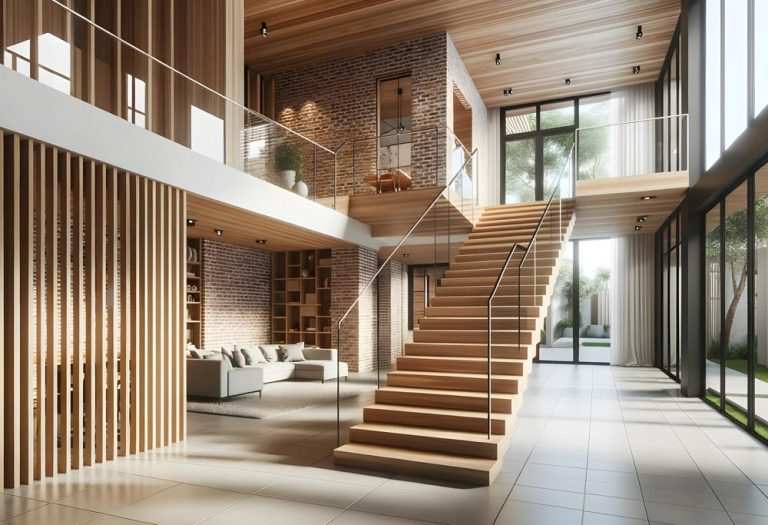Bespoke furniture represents the pinnacle of personalised home decor, offering a unique blend of artistry and functionality tailored to individual tastes and requirements.
Unlike mass-produced items, bespoke pieces are crafted with a deep understanding of the client’s vision, ensuring each piece not only fits perfectly within the designated space but also complements the overall aesthetic of the home.
This level of personalisation transforms furniture from mere functional objects into cherished items that reflect the owner’s personality and style.
In an age where individuality is highly valued, bespoke furniture provides an opportunity to create truly one-of-a-kind spaces.
By working closely with skilled craftsmen, homeowners can bring their ideas to life, resulting in pieces that are as unique as they are practical.
This blog delves into the intricacies of bespoke furniture, exploring the design process, material selection, and the myriad benefits that come with choosing custom-made pieces for your home.
Understanding Bespoke Furniture
Bespoke furniture is characterised by its customisation to the client’s specific needs and preferences. Unlike standard furniture that comes in fixed sizes and designs, bespoke pieces are tailored to fit the unique dimensions and style of a space.
This level of customisation ensures that each piece is not only aesthetically pleasing but also perfectly functional, meeting the practical needs of the user.
The distinction between bespoke and mass-produced furniture lies in the attention to detail and the personal touch that goes into creating each bespoke item.
One of the primary advantages of bespoke furniture is its uniqueness. No two pieces are exactly alike, as each one is crafted to reflect the client’s individual taste and requirements.
This exclusivity means that homeowners can enjoy furniture that truly resonates with their style, something that is increasingly important in today’s world where mass production often leads to a lack of uniqueness.
Furthermore, bespoke furniture is typically crafted from high-quality materials, ensuring durability and longevity, making it a worthwhile investment for any home.
The Design Process
The journey of creating bespoke furniture begins with an initial consultation, where the client’s needs and preferences are thoroughly discussed.
This stage is crucial as it sets the foundation for the entire project. During this consultation, clients have the opportunity to share their ideas, inspirations, and specific requirements with the craftsman.
This collaborative approach ensures that the final design not only meets but exceeds the client’s expectations, resulting in a piece that is both functional and beautiful.
Following the consultation, the design process moves into the concept development phase. Here, sketches and material samples are presented to the client for approval.
This stage allows for adjustments and refinements to be made, ensuring that every detail is perfect before production begins.
Customisation options are vast, ranging from the size and shape of the furniture to the choice of finishes and additional functionalities. This meticulous attention to detail ensures that the final piece is a true reflection of the client’s vision.
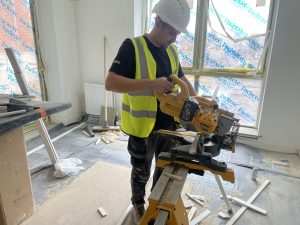
Materials and Craftsmanship
Selecting the right materials is a crucial aspect of the bespoke furniture-making process. High-quality, sustainable materials not only enhance the aesthetic appeal of the furniture but also ensure its durability and longevity.
Craftsmen often use a variety of woods, metals, and fabrics, each chosen for their unique properties and suitability for the project at hand.
This careful selection process guarantees that the final piece is not only beautiful but also built to withstand the test of time.
The craftsmanship involved in creating bespoke furniture is a blend of traditional techniques and modern innovations. Skilled artisans bring years of experience and a keen eye for detail to every project, ensuring that each piece is crafted to the highest standards.
Traditional techniques such as joinery and carving are often employed, adding a touch of timeless elegance to the furniture.
Meanwhile, modern tools and methods allow for precision and efficiency, ensuring that even the most intricate designs are executed flawlessly.
Benefits of Bespoke Furniture
One of the most significant benefits of bespoke furniture is its uniqueness and exclusivity. Since each piece is designed and crafted specifically for the client, homeowners can enjoy truly one-of-a-kind furniture.
This level of personalisation allows for the creation of pieces that not only fit perfectly within a space but also reflect the owner’s personality and style.
Bespoke furniture stands out as a statement piece, adding character and charm to any room.
In addition to its aesthetic appeal, bespoke furniture offers enhanced functionality and durability. Customised pieces are designed to meet the specific needs of the client, ensuring that they are not only beautiful but also practical.
High-quality materials and expert craftsmanship mean that bespoke furniture is built to last, making it a worthwhile investment.
Moreover, the ability to choose every aspect of the design ensures that the furniture is perfectly suited to the client’s lifestyle, providing a level of satisfaction that mass-produced items simply cannot match.
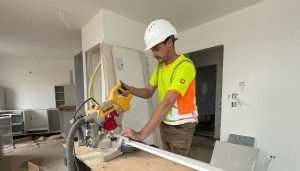
Tips for Commissioning Bespoke Furniture
Choosing the right carpenter or furniture maker is essential when commissioning bespoke furniture. It is important to look for craftsmen with a strong portfolio and a reputation for quality and reliability.
Asking for recommendations and reading reviews can provide valuable insights into the experience and expertise of the craftsman.
During the initial consultation, clients should feel comfortable discussing their ideas and asking questions to ensure that their vision will be accurately translated into the final product.
Budget considerations and timelines are also important factors to discuss during the consultation. Clients should have a clear understanding of the costs involved and the expected completion date of the project.
It is advisable to get a detailed quote that outlines all aspects of the project, including materials, labour, and any additional features.
Being clear about expectations and requirements from the outset can help avoid misunderstandings and ensure a smooth and enjoyable process from start to finish.
Conclusion
Bespoke furniture offers a unique opportunity to add a personal touch to your home, creating spaces that are both beautiful and functional.
The ability to customise every aspect of the design ensures that each piece is perfectly suited to the client’s needs and preferences, resulting in truly one-of-a-kind furniture.
Whether you are looking to create a statement piece or enhance the functionality of a room, bespoke furniture provides a level of personalisation and quality that mass-produced items simply cannot match.
In conclusion, investing in bespoke furniture is an excellent way to elevate your home decor and create a space that reflects your style.
By working with skilled craftsmen and selecting high-quality materials, you can enjoy furniture that is not only beautiful but also built to last.
If you are considering bespoke furniture for your home, take the time to choose the right craftsman and communicate your vision clearly to ensure a successful and rewarding experience.


